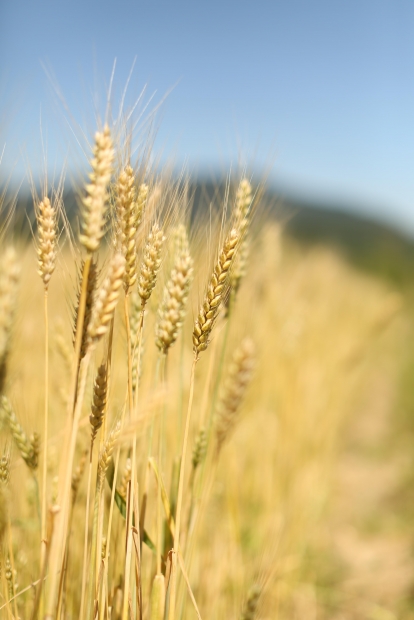 Loading... Please wait...
Loading... Please wait...Save Money. Grow Your Own!
Fast Plain Box Shipping.
We ship to the US & Canada.
Grow Your Own!
How to Grow Barley in Hydro
Posted on 18th Mar 2016
Have you heard about one of the biggest trends in hydroponics today? After growing tons of such great stuff as herbs, greens, tomatoes and cucumbers and all other sorts of fruits and vegetables, some growers are now moving into a new frontier of actually growing food for animals!
That's right, farmers and others are growing things like hay, barley and other feeds in hydroponics systems. This opens up a range of brand-new markets and uses for this type of innovative gardening.

So how do you grow this kind of stuff? Well, as one example, barley is a plant that is relatively easy to grow hydroponically. Let’s look at how some growers recommend tackling this sort of project.
Set Temperature and Humidity
Hydroponic barley grows best at around 45° Farenheit and about 75% humidity. Make sure the temperature and humidity stay relatively constant, because colder temperatures can seriously hurt your crop. One way to do this is to use reflective insulation to bounce heat around the space.
Set Light Cycles
This type of crop can do very well on about 16 hours of light. Some growers might use the natural light cycle and just add a few hours with artificial grow lights. This depends on where your greenhouse or other grow space is situated, and how you want to deliver light to plants.
Water the Plants Often
Many hydro systems water the barley three times a day. Growers can mix fertilizers and nutrients in tanks, and deposit them into the reservoir to provide nutrient-rich water for plants.
Deliver the Finished Product to Animals
Yes, you can go in and manually harvest the barley, but some growers have a different idea. They actually use a conveyor-type system to deliver the grown barley directly to livestock. This may require moving tray tables, or it might mean constructing a space for animals can pass through. Either way, this takes some significant labor out of the process.
For more on these kinds of innovative projects, and the best uses of hydroponics today, keep an eye on our blog as we continue to detail what we're doing with hydroponic gardening.
